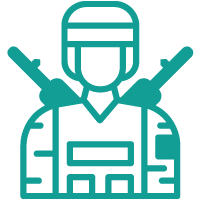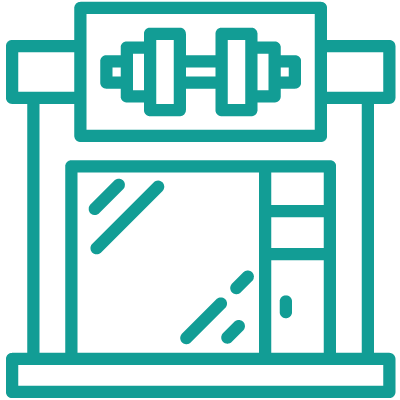VR for Sports & Recreation
3D Walkabout is an Australian based VR studio that designs VR apps for the Sports & Recreation industry.

Virtual Reality (VR) for Sports & Recreation
Virtual reality (VR) technology has great potential to revolutionise the sports and recreation industry. It can be used to enhance the fan experience by offering an immersive viewing experience of sporting events, providing spectators with a virtual seat at the game, and giving them a 360-degree view of the action. In addition, VR can be used to simulate and train athletes in real-world scenarios, allowing them to perfect their skills and techniques in a safe and controlled environment. This technology can also be used to create interactive experiences for recreational activities, such as virtual reality skiing or surfing, allowing individuals to experience these activities in a controlled and safe setting, regardless of their location.
What are the benefits of VR for the sports & recreation industry?
Enhance the fan experience by providing an immersive viewing experience of sporting events, giving spectators a virtual seat at the game and a 360-degree view of the action
Allow athletes to train and perfect their skills in a safe and controlled environment by simulating real-world scenarios
Offer remote training opportunities for athletes and coaches, reducing travel expenses and increasing accessibility to training programs
Provide physical therapy and rehabilitation exercises for athletes recovering from injuries in a virtual environment, reducing the risk of re-injury
Create interactive experiences for recreational activities such as virtual reality skiing, surfing, or climbing, offering individuals the opportunity to experience these activities in a controlled and safe setting, regardless of their location
Allow fans to experience the thrill of a game-day environment without attending the event, reducing congestion and travel expenses
Offer an additional revenue stream for sports organizations by creating virtual experiences and merchandise for fans
Enhance sports journalism by providing a more immersive and interactive experience for readers
Allow sports teams to test new equipment and products in a virtual environment before investing in them
Provide an additional revenue stream for sports venues by offering virtual tours and events, allowing individuals to experience the venue from the comfort of their own home
How VR is currently being used by sports & recreation professionals
One of the main applications is in training and simulation. VR allows athletes to train and improve their skills in a safe and controlled environment by simulating real-world scenarios. For example, VR can be used to simulate game scenarios or to practice complex maneuvers in sports like snowboarding or surfing.
Another important use of VR is in fan engagement. By offering immersive viewing experiences of sporting events, fans can now enjoy a 360-degree view of the game from anywhere in the world, providing a new level of engagement and interactivity. This enhances the overall fan experience and can help sports organizations build a stronger following.
VR is also being used to provide physical therapy and rehabilitation exercises for athletes recovering from injuries. It allows athletes to practice movements and exercises in a virtual environment, reducing the risk of re-injury. This is an important application for helping athletes recover and get back to their sport as quickly as possible.
In addition to training and rehabilitation, VR is being used to test new equipment and products in a virtual environment before investing in them. This allows sports professionals to evaluate products and equipment before committing to a purchase, saving time and money.
VR is also being used to create interactive experiences for recreational activities such as virtual reality skiing, surfing, and climbing. This allows individuals to experience these activities in a controlled and safe setting, regardless of their location. This can be an important application for introducing people to new sports and activities.
Finally, VR is being used for venue and facility management. It provides virtual tours of sports venues and facilities, allowing individuals to experience the venue from the comfort of their own home. This can be useful for event planning and venue management, making it easier to plan and execute events.

Brainstorm your ideas on 1300 00 3392
If you’d like to receive our full ‘VR for Sports & Recreation Information Pack & Price List‘ please add your details below.
The industries we work in
VR Sports & Recreation Projects
No Results Found
The page you requested could not be found. Try refining your search, or use the navigation above to locate the post.
VR Sports & Recreation Articles
VR Medical & Sports & Recreation Videos
Frequently Asked Questions
Can VR be used for recreational activities?
Yes, VR is being used to create interactive experiences for recreational activities such as virtual reality skiing, surfing, and climbing. This allows individuals to experience these activities in a controlled and safe setting, regardless of their location.
Can VR be used for testing new sports equipment and products?
Yes, VR is being used to test new equipment and products in a virtual environment before investing in them. This allows sports professionals to evaluate products and equipment before committing to a purchase.
Can VR be used for physical therapy and rehabilitation for athletes?
Yes, VR is being used to provide physical therapy and rehabilitation exercises for athletes recovering from injuries. It allows athletes to practice movements and exercises in a virtual environment, reducing the risk of re-injury.
Can VR be used for fan engagement in sports events?
Yes, VR is being used to enhance the fan experience by offering immersive viewing experiences of sporting events. Fans can now enjoy a 360-degree view of the game from anywhere in the world, providing a new level of engagement and interactivity.
Can VR be used for athlete training?
Yes, VR can be used to simulate real-world scenarios for athletes, allowing them to train and improve their skills in a safe and controlled environment.






























